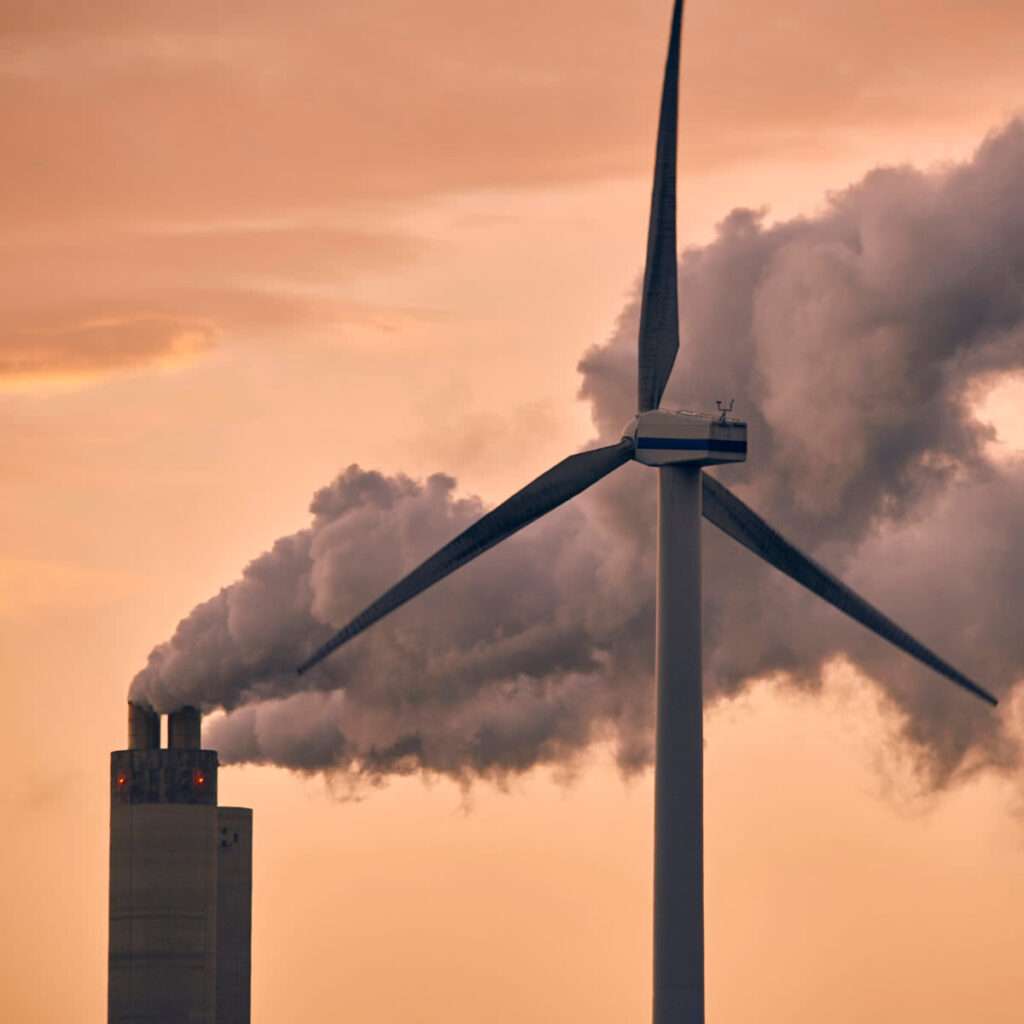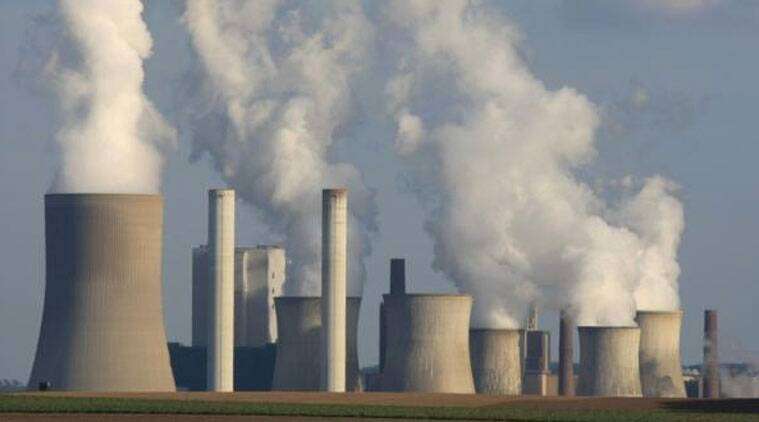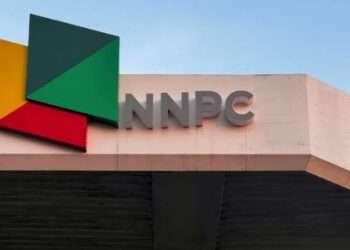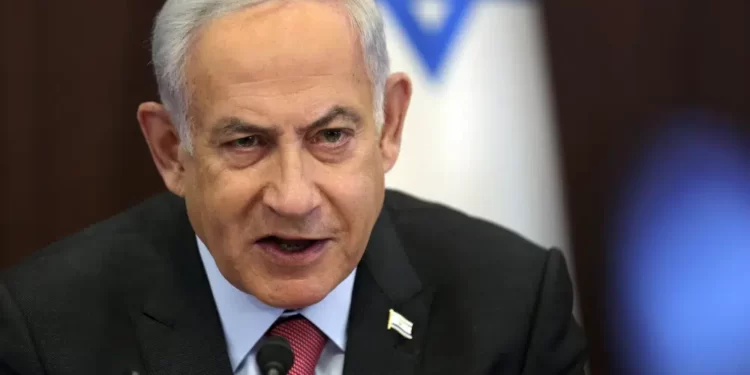The government is mulling plans to regulate the country’s carbon market and fully benefit from the potential of revenue generation while also meeting the country’s climate ambitions.
This requires the enactment of a national carbon policy to regulate such a market and enable the country gain full benefits from the carbon market.
A recent World Bank Report states that, for instance, carbon charges could serve as a tool to both expand and diversify fiscal revenues while also helping the country meet its climate commitments and generate climate co-benefits.
This policy will add to prior policies designed to mitigate climate change and reduce carbon emissions. For instance, Ghana has a national climate change policy, which has among other things the goal to reduce Ghana’s greenhouse gas emissions (GHGs). The country has also committed to national emissions abatement through its nationally determined contributions (NDCs).
Last week, the Minister of Lands and Natural Resources, Samuel Abu Jinapor, said:
“A properly regulated carbon market will therefore position us to benefit economically from this new market,” the minister said in his policy statement on development of Ghana’s carbon market as presented to Parliament.
While he noted that the carbon market is a major initiative to halt climate change and socio-economic development, he added that the market has been consistently dominated by the private sector and multilateral development organisations.
“Issues of pricing carbon, national policies on carbon sales and purchases, as well as building infrastructure that allows entry into these markets need to be set by national governments, and thus the need for a domestic policy on carbon markets and trade.”
Samuel Jinapor

Carbon Charges, an Important Source of Revenue
A world Bank analysis on the potential impact of carbon charges in Ghana indicated that they could be an important source of revenue generation and climate emissions reduction.
Compared to a baseline of maintaining the existing excise regime, the World Bank noted that a moderate carbon charge of US$25 per tCO2 in 2021, rising to US$50 by 2030, and a ‘low carbon charge’ of US$10 per tCO2 in 2021, rising to US$25 by 2030, could raise about US$0.6 billion (0.5 percent of GDP).
This could also yield a US$0.3 billion (0.3 percent of GDP), respectively, each year in additional revenues from fossil fuels by 2030. In both cases, the largest source of revenue generation would be from carbon charges on diesel, accounting for just over one-third of revenues in 2030 in the moderate scenario, the World Bank revealed.
Given these potentials, Mr Jinapor noted that the development of the national carbon market policy will serve as a springboard for other sectors “to develop their carbon market policies and strategies, and eventually lead to a national carbon policy with the requisite Legislative Instrument for full operationalization.”
“To capitalise on opportunities in the global carbon market, we must strengthen our institutional capacities and develop an authorisation process for international transfers. Treating the nation’s carbon stock as a precious commodity and applying similar regulatory and policy frameworks can create the right environment for this new sector to thrive.”
Samuel Abu Jinapor
In fact, Ghana could well be described as a beneficiary of quite a number of policy agreements aimed at reducing its carbon emissions. In 2019, the country joined two other African countries to sign a landmark World Bank agreement to cut carbon emissions and reduce deforestation.
The deal was geared towards unlocking performance-based payments of up to US$50 million for carbon emission reductions from the forest and land use sectors. Recent reports show that Ghana is performing well regarding cutting down its carbon emissions, as such a new national carbon market policy will serve to improve these gains.
READ ALSO: TUC General Secretary Calls for Overhaul of Country’s Pension System





















